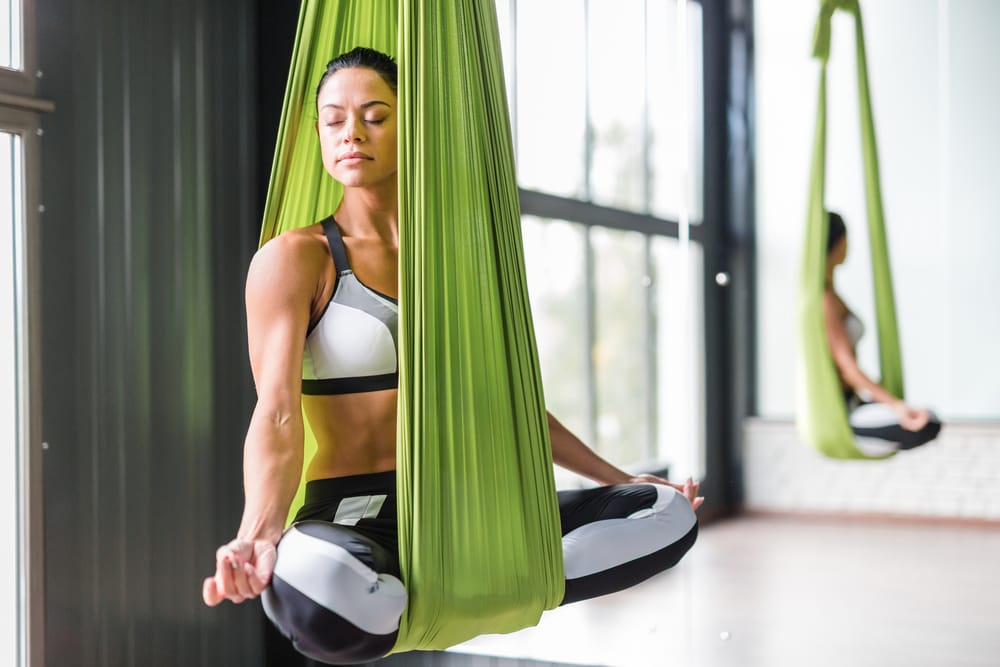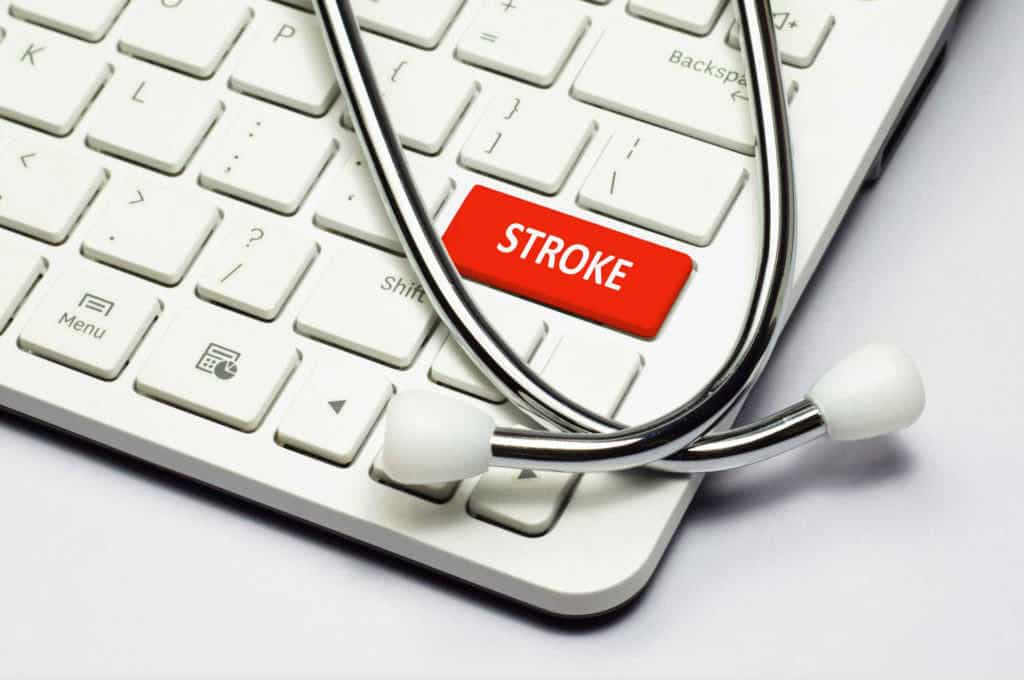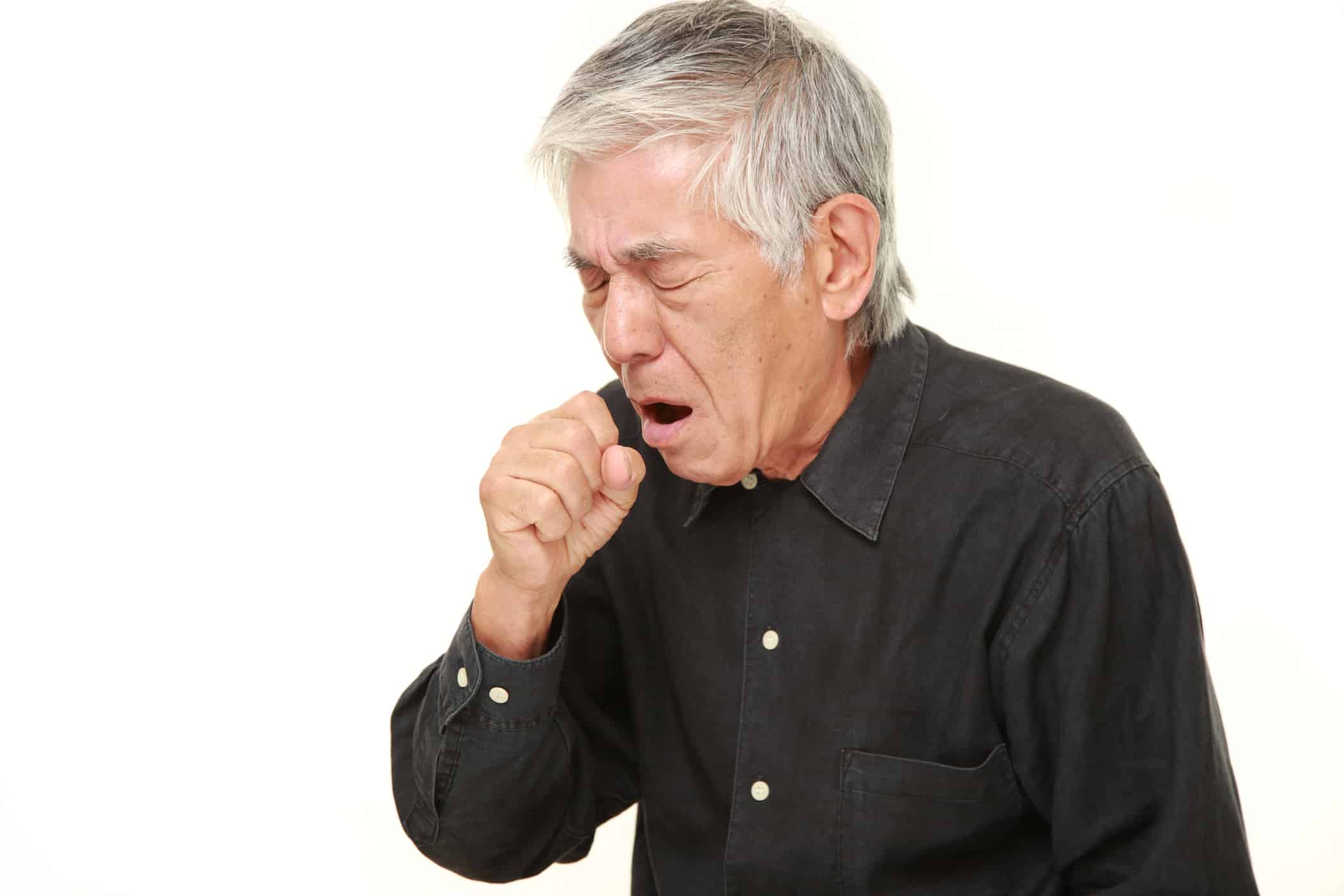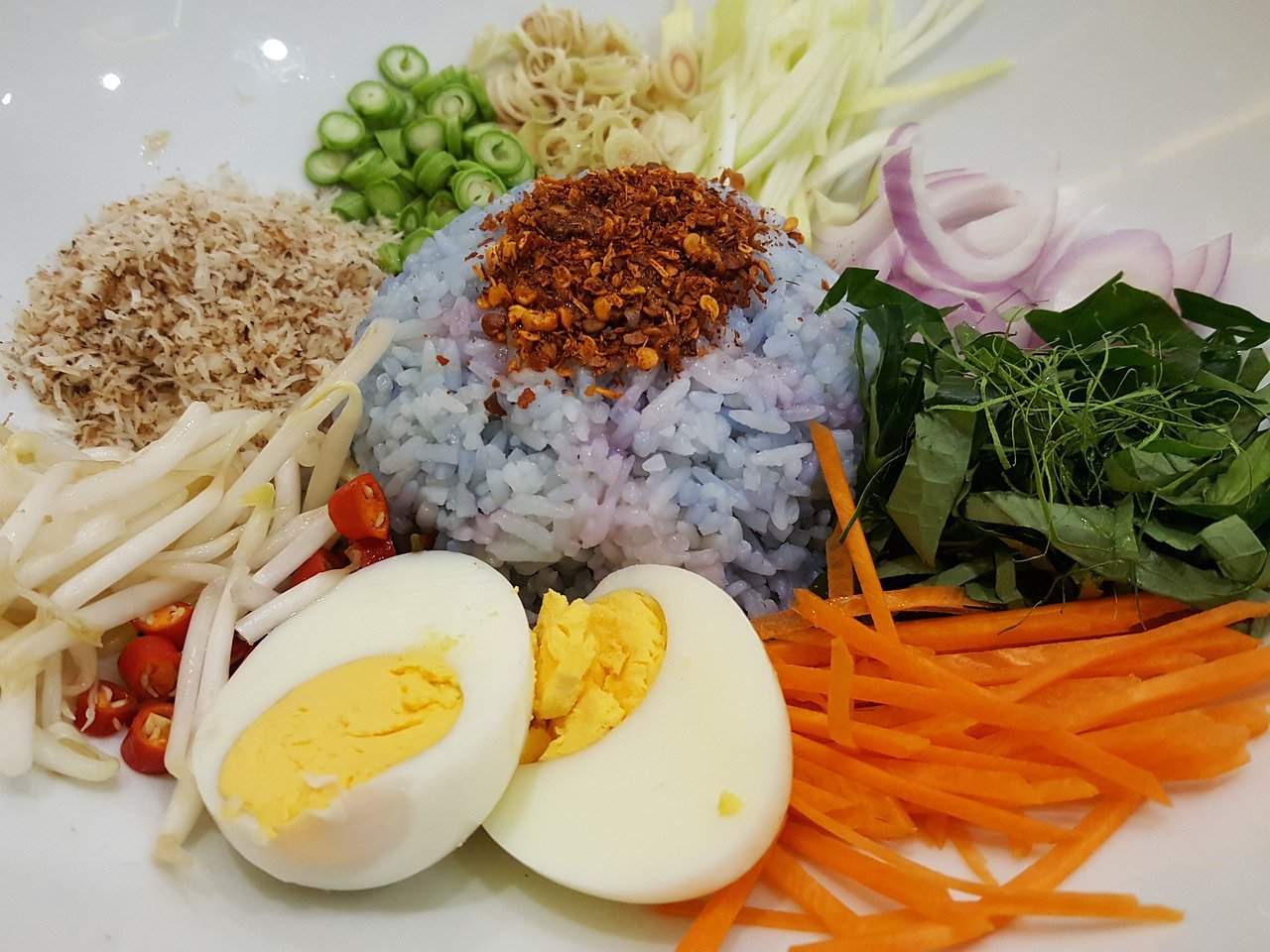Contents:
Medical Video: 4-Minute Workout That Replaces 1 Hour in the Gym
Some people really hate sweating so they don't like to exercise. Sweat can drip into your eyes, make your hair limp, your body feels sticky and hot, not to mention having to deal with the smell of sweat that makes people around. Just imagining it has made ilfeel first.
Although sports that stimulate the heart and make you sweat often are praised for their health benefits and weight loss, those of you who are lazy to sweat do not need to desperately refuse to exercise. Here is a variation of low-intensity exercise, which makes the body healthy without having to sweat.
Sports that are suitable for those of you who don't like to sweat
1. Walk
Walking is a relaxing and easy exercise if you are lazy to sweat but still want to exercise. Walking won't overload your muscles and joints. This is also the safest way to burn calories and build cardiovascular endurance. Not only that. Research shows that walking can reduce the risk of heart attack, control blood pressure, prolong life span, and reduce the risk of breast cancer.
You can do walking anywhere and anytime, without having to spend a penny. You can walk indoors, surround your home complex, in a city park, at a mall, or even on a treadmill. You can also set yourself how intense your speed is when walking - whether it's relaxing, brisk walking, or jogging. Just make sure that you walk fast enough that you are a little out of breath, but you can still talk.
2. Swim
Swimming is the right choice for those of you who don't sweat but still want to exercise. Swimming can be a tough exercise, but support from the flow of water can make it not difficult. In addition, you can move your entire body at one time as a good cardio exercise. And even if you sweat, you can't even realize it at all.
Water sports are also very good for those of you who want to cut a lot of weight, for people who have complaints of arthritis, or as a recovery therapy for sports injuries.
3. Pilates
With pilates, you will not sweat until you make it sticky and hot. Pilates is designed to strengthen the body's core muscles, strengthen the spine, exercise flexibility and balance of the body, and improve posture. This type of exercise involves very little cardio movement, some even not at all, but instead focuses on movements that train the strength of the abdominal and back muscles combined with yoga breathing techniques.
4. Tai Chi
A study from the University of Queensland in Australia found that people who do Tai Chi (a mixture of gentle movements, stretching and graceful meditation) regularly for 90 days had a decrease in blood pressure, blood sugar levels, and insulin resistance. Not to mention they also reported lower levels of depression, better sleep, more energy, better dexterity, and the ability to deal with stress more easily.
5. Aerial yoga
Aerial yoga is a type of modern yoga that requires you to hang in the air from a soft and swinging cloth. This will increase the strength and flexibility of the body, and improve body posture and balance without having to sweat profusely.
6. Relaxing bikes
Your leg muscles work actively as long as you pedal, so cycling can be a relaxing exercise choice for those of you who want to have a beautiful foot shape. And because the leg muscles are the largest muscle group in the body, regular cycling can burn more calories than spending hours in the gym while sweating.
7. Isometric exercises
Sweating occurs when you start to move actively and your body temperature rises, so you need to sweat to cool the body. Isometric exercise is a type of exercise that involves a static (sedentary) position, which will test your body's fitness but will not make you sweat profusely. Common isometric exercises include planks, push-ups, and squats.
8. Golf
Golf is a group sport that presents all the health benefits of walking long distances. Golfers usually burn a minimum of 500 calories if they finish 18 holes. Not to mention they have to be able to travel a minimum distance of 6 to 12 kilometers for one round.
Scientists from the University of Edinburgh claim that playing golf can increase life expectancy, improve muscle balance and endurance in older people, and improve cardiovascular health, breathing and metabolic systems. Researchers also found that golf can help patients with chronic diseases, including heart disease, type 2 diabetes, colon and breast cancer and strokes, and help reduce the risk of anxiety, as well as depression and dementia.












